Community
The Science Behind Effective Weight Loss: Understanding Metabolism and Caloric Deficit

This article introduces fundamental ideas about metabolism and caloric deficits. It shows how crucial it is to understand these ideas when creating weight loss strategies so that intake and expenditure of calories are balanced.
Basal Metabolic Rate
Knowing your BMR is integral to successful weight loss, as it acts as a starting point for the minimum caloric intake required to support vital bodily functions. It makes up for 60–75% of our energy expenditure, with factors including age, sex, body composition, and genetics all having an effect. Muscle tissue typically expends more calories at rest than fat tissue, so those with higher muscle mass tend to have a higher BMR. In case you need advice from a specialist, check out life md reviews about the convenient telehealth service!
Thermic Effect of Food
TEF is the energy needed for digesting, absorbing, and metabolizing nutrients in our food. It makes up approximately 10–20% of our overall energy budget. Protein typically has greater thermic effects than fats or carbs, and consuming more protein can help with weight reduction by slightly increasing total calorie burn.
Caloric Deficit Is Key for Weight Loss
A calorie deficit occurs when calories consumed are less than those burned; as a result, weight loss occurs due to your body utilizing its stores of fat for fuel instead. A caloric deficit may occur by either cutting back on calorie consumption, increasing physical activity, or both simultaneously; either method could create one. However, doing either requires knowledge and expertise to be effective.
Physical Activity’s Importance for Good Health
Exercise has an immense effect on weight reduction and energy expenditure. It includes scheduled physical activities like weightlifting or jogging as well as non-exercise activity thermogenesis (NEAT) such as walking, fidgeting, and housework. Each form contributes to creating a caloric deficit through increased caloric expenditure; regular exercise also boosts general well-being, builds muscular mass, improves metabolic health, and may boost general well-being overall.
Calculating Caloric Needs
To establish a caloric deficit, you must ascertain your daily caloric requirements. You can do this by computing your TEE (total energy expenditure comprising TEF, BMR, and physical activity levels). Your BMR may be estimated using various online calculators or formulae, such as Mifflin-St Jeor and Harris-Benedict equations, depending on age, sex, weight, and height variables; then multiply that BMR number with an activity factor to get your TEE estimate.
Implement a Caloric Deficit Diet
Dieting to lose weight means eating fewer calories than your TEE; creating a caloric deficit and producing weight loss requires eating fewer than your TEE on an ongoing basis, with an ideal caloric deficit being between 500-1 kcal per day, which equates to 1 to 2 pounds each week if maintained over a healthy and sustainable timeframe. Reducing portion sizes, selecting lower-cal meals, and limiting high-calorie items like soda pop or other processed snacks such as candy will all help contribute toward this process, while burning additional calories through physical activity may also add calories directly towards producing this goal.
Balance Macronutrients
While calorie consumption and expenditure are the cornerstones of weight reduction, food composition also matters. Achieving optimal health requires maintaining balance among three macronutrients, protein, carbs, and fats, to facilitate weight loss and general well-being. Protein provides increased satiety, has more excellent TEF rates, and helps preserve muscle mass during weight loss, while healthy fats provide a hormonal synthesis for cell health and energy for physical activity and cognitive performance; carbohydrates supply energy for physical activity and cognitive performance. A diet full of nutritious-dense foods will promote long-term health and assist in weight loss efforts!
Monitor Progress and Adjust Strategies
Sustaining weight reduction involves constant observation and strategy modification. One effective way to stay accountable and identify areas for improvement is to keep track of food consumption, exercise routines, and progress using devices like wearable activity trackers, smartphone applications, or food diaries. Being adaptable is also key here—adapt your exercise or caloric intake according to changes in lifestyle objectives or progress made towards your weight reduction journey.
Sustainable Practices Are Essential
Long-term weight loss requires adopting sustainable behaviors. Though they may be difficult to sustain and may result in weight regain, extreme diets and vigorous exercise routines can provide quick weight reduction. However, lasting outcomes are more likely with an approach focused on overall health, realistic objectives, progressive dietary and physical activity improvements, and psychological and emotional aspects related to eating habits and body image. Addressing such matters may foster more positive associations with food, resulting in long-term weight management.
Conclusion: Weight Loss Science
Understanding metabolism and caloric deficit is integral for successful weight loss. Achieve lasting weight reduction through BMR, physical activity, TEF, and macronutrient balance strategies. It is possible to follow sustainable methods like BMR, physical activity, and TEF balance macronutrient balance. You should monitor progress regularly while creating sustainable routines. People can improve their general health while meeting weight reduction objectives by adopting healthy behaviors combined with scientific methods.
Community
Two Pembrokeshire residents honoured in King’s Birthday List
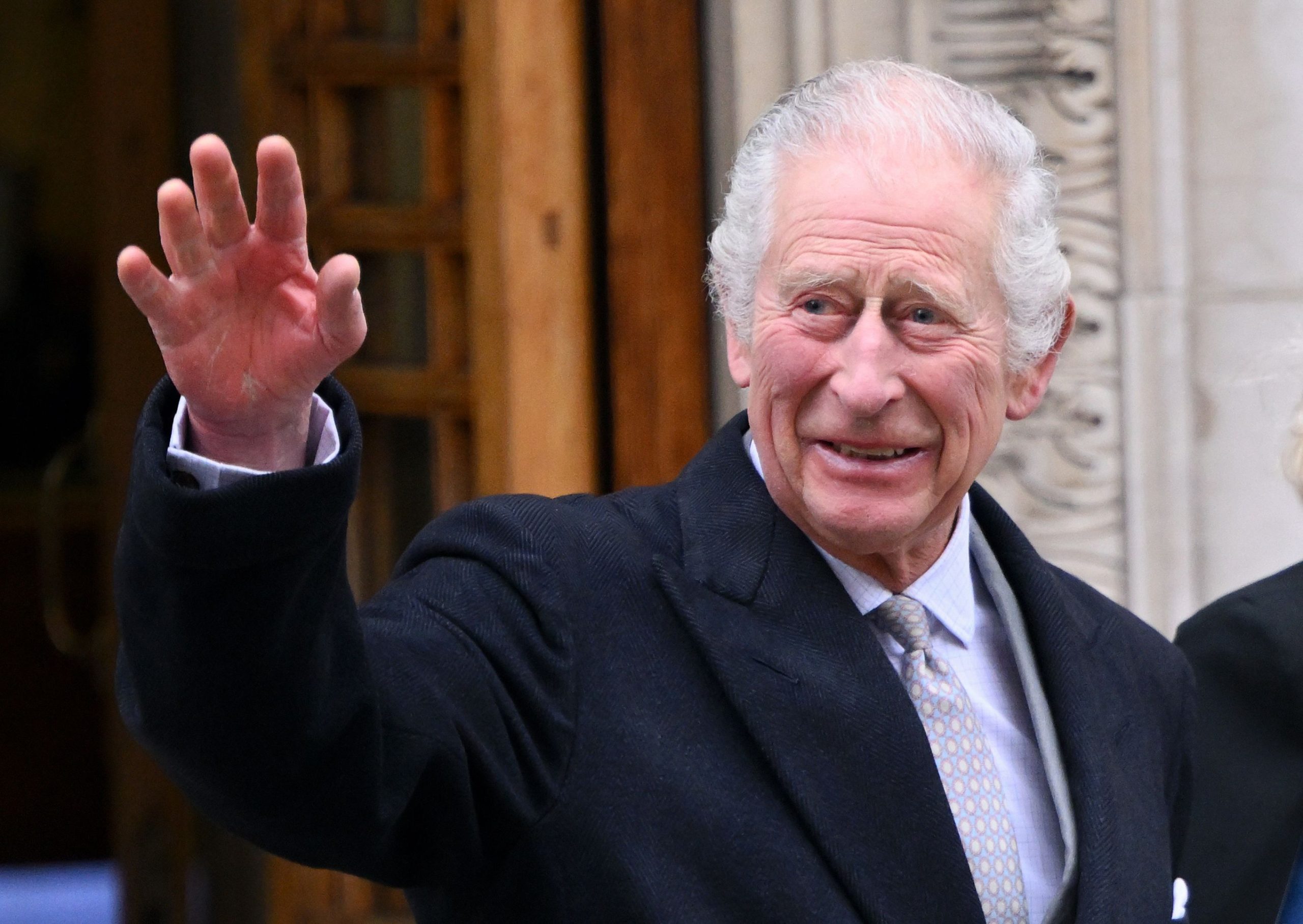
PEMBROKESHIRE is celebrating the achievements of two distinguished locals who have been recognised in the King’s Birthday Honours. John Fletcher, a dedicated farmer, and Professor Andrew Campbell, a prominent academic, have both been awarded the MBE for their respective contributions.
John Fletcher: Champion of Shire Horses
John Fletcher, 70, the founder of Gentle Giants Shires in Moylegrove, has been honoured with an MBE for his services to the conservation of shire horses. His journey with these majestic animals began at the tender age of nine on his parents’ farm at Penrallt Uchaf. Inspired by his father, who had previously used a shire horse for ploughing, young John developed a lifelong passion for the breed.
In 2003, following the sale of the farm’s milking herd, Gentle Giants was established. Today, the organisation boasts a global following of 69,000 on Facebook and provides shire horses for weddings, funerals, and other events across the UK. The Gentle Giants have also featured on several television shows, including “Don’t Tell the Bride” and “Coast and Country”, as well as in the award-winning film “Calon Gaeth”.
John’s dedication to shire horses has not gone unnoticed. In 2021, during a Royal visit to Nevern, he and his shire horse, Prince George, met His Royal Highness. The future King praised John’s efforts, expressing his gratitude and interest in the farm’s breeding programme.
Gentle Giants remains a family-run venture, and the Fletcher family took to social media to celebrate John’s accolade. They expressed immense pride in his tireless work and commitment to training and promoting shire horses. “Not one to take things easy, he always has a new project on the go,” they shared. “Buyers often return due to the high standards achieved by the horses he has trained.”
John’s influence extends beyond the UK, with his horses working and competing as far afield as Norway and Italy. He is passionate about educating the public on the versatility of shire horses and enjoys welcoming visitors to the farm in Pembrokeshire.
Professor Andrew Campbell: Advocate for Tourism

Also honoured with an MBE is Professor Andrew Campbell of Goodwick, recognised for his services to tourism. Professor Campbell, who describes himself as “passionate about tourism, cake baking and swimming in the sea,” has made significant contributions to the field.
A professor of practice in tourism with the University of Wales, he is currently the chair of the Welsh Government’s Economic Ministerial Advisory Board. Until September 2021, he served as chair of the Wales Tourism Alliance, representing over 6,000 tourism businesses throughout Wales. The Welsh Government describes him as “a respected academic within tourism, a key economic sector,” noting his valuable insights into the challenges facing the tourism and skills sectors.
Living and working in north Pembrokeshire, Professor Campbell is known for his hands-on approach and commitment to enhancing the region’s tourism landscape. His recognition in the King’s Birthday Honours underscores the importance of his work and his dedication to the community.
Community
GWR advises customers to check before travelling on Sunday 16 June

GWR is advising customers to check their journey tomorrow morning before leaving home because of a shortage of train crew.
With fewer people available to work, GWR is warning of short notice cancellations and alterations, especially on long distance services between London Paddington and Bristol Temple Meads.
Journey planners and other industry systems will not be correct until the early hours of Sunday morning, as GWR works to staff as many trains as possible – and customers are being warned that they will need to check their journey on Sunday morning.
If your train is cancelled, you can use your existing ticket on the next available service.
Rail replacement buses will operate on the Kemble line between Swindon and Gloucester.
GWR expects to run a full level of service on Monday 17 June.
Community
Falkland Islands flag raised in Milford Haven to mark Liberation Day
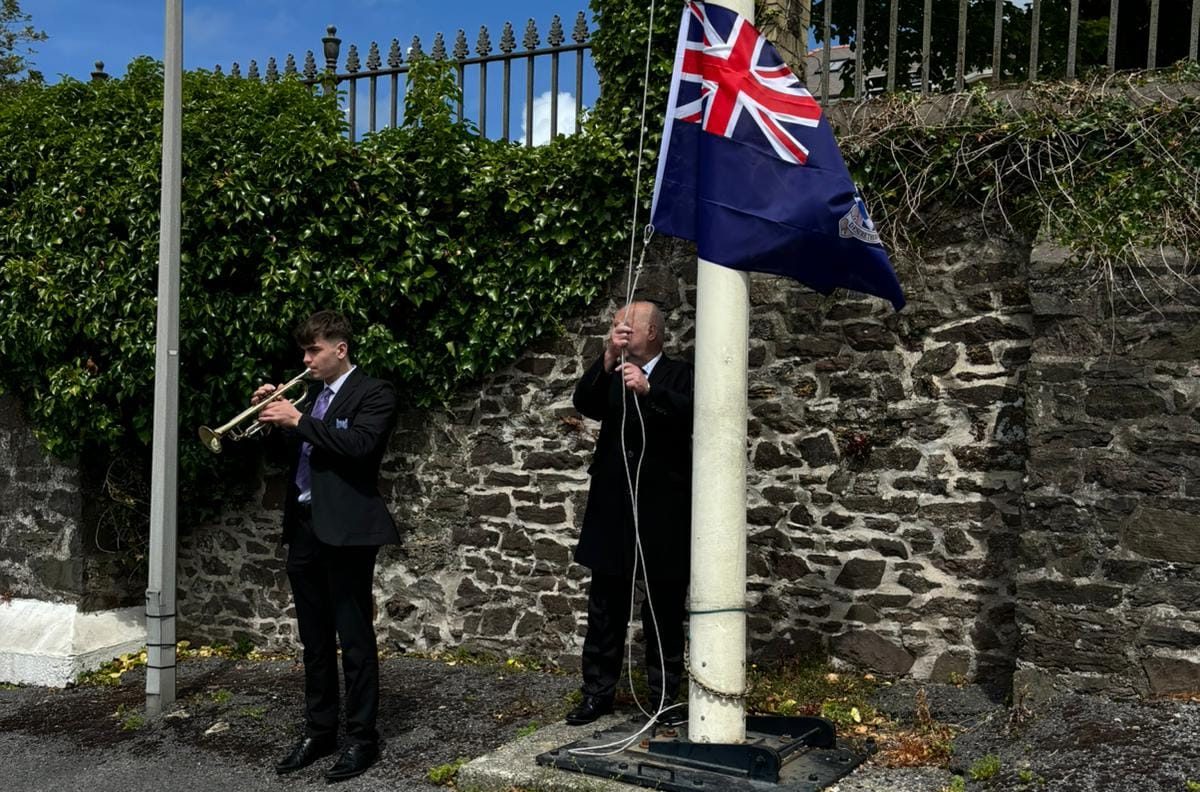
THE Falkland Islands Government flag was raised at Pembrokeshire County Hall and the British Legion in Milford Haven to commemorate Liberation Day, marking the end of the Falklands War on 14th June 1982. This solemn event was carried out by veterans of HMS Ardent, a Royal Navy frigate that played a crucial role in the conflict.
The Mayor of Milford Haven, Cllr William Elliott was joined by his mother, Mrs Wendy Elliott and the Deputy Mayor Cllr Eddie Davies for the HMS Ardent Association Flag Raising and Reception at Royal British Legion Club. Also in attendance were a number of Pembrokeshire County Councillors including Milford Haven’s Cllr Viv Stoddard, and Cllr Terry Davies.
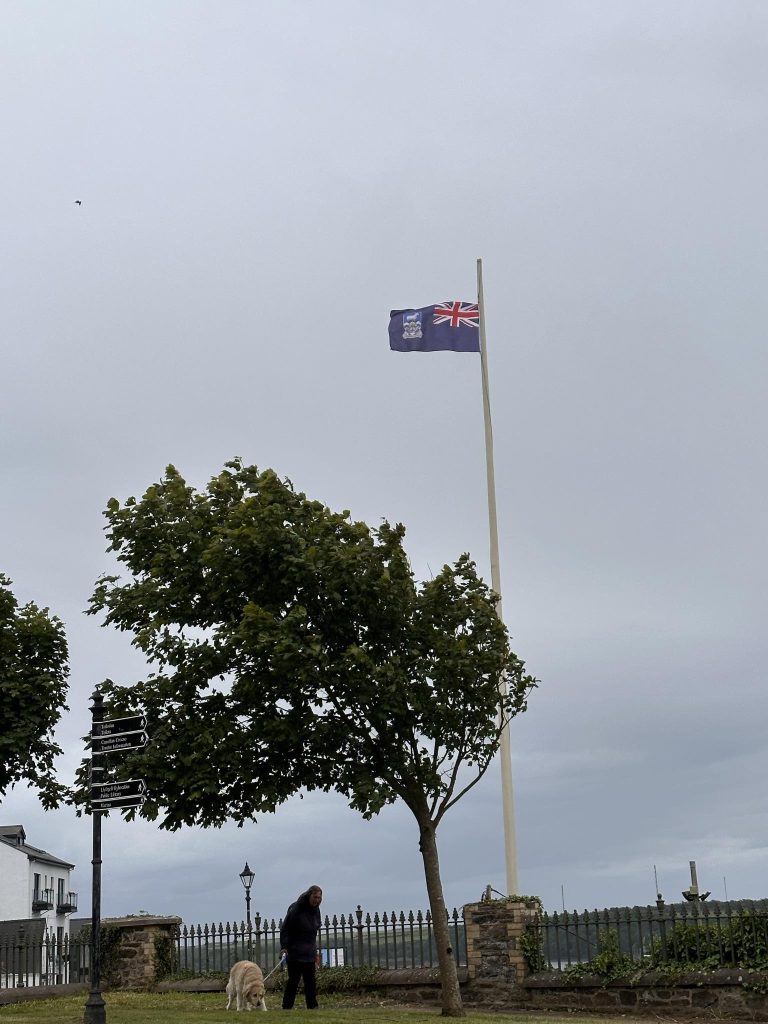
On 21st May 1982, HMS Ardent was lying in Falkland Sound when it came under fire from the Argentine Air Force. Twenty-two of the 199 crew members on board were killed, and the ship sank the following day after suffering devastating damage.
As the first wave of Argentine aircraft attacked HMS Ardent, cook Jon Major threw himself to the floor and prayed. He survived, but 22 of his shipmates, including a close friend, did not, and dozens more were injured.
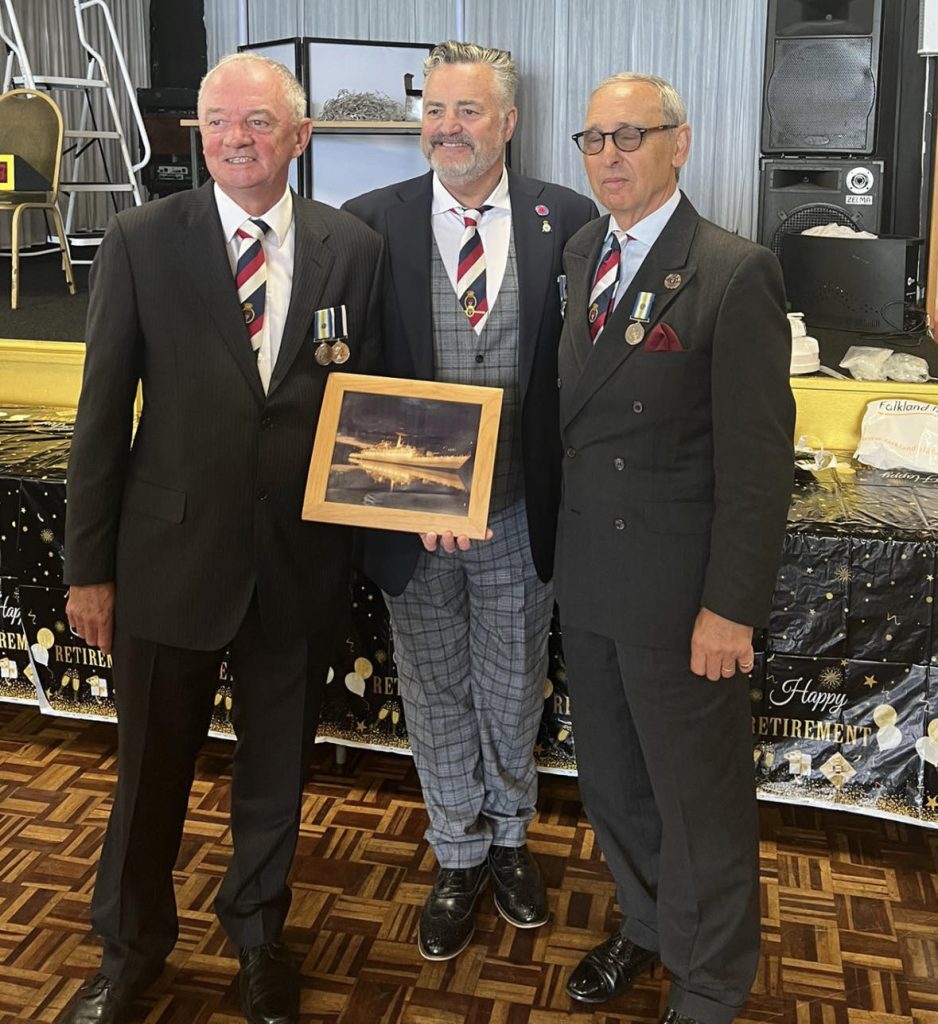
Speaking anniversary of the attack, Mr Major, then 62, recounted the terrifying moments. “Anyone who said they weren’t scared would be lying. It was extremely frightening,” he said. “We were all told to take cover when we saw the aircraft coming in. We all lay on the floor with our hands on top of our heads. When the first bombs hit, the whole ship shuddered. The first thing I did was pray.”

Mr Major was one of eight cooks onboard the Type 21 frigate. Three members of the close-knit team were killed. “Cooks were used for what is known as ‘defence watch’, watching out for incoming aircraft. It was eight hours on, eight hours off,” he explained. “When we were off-duty, we tried to get our heads down as best we could, but there was always something to do. We’d often be involved in moving shells and other ammunition around the ship.”
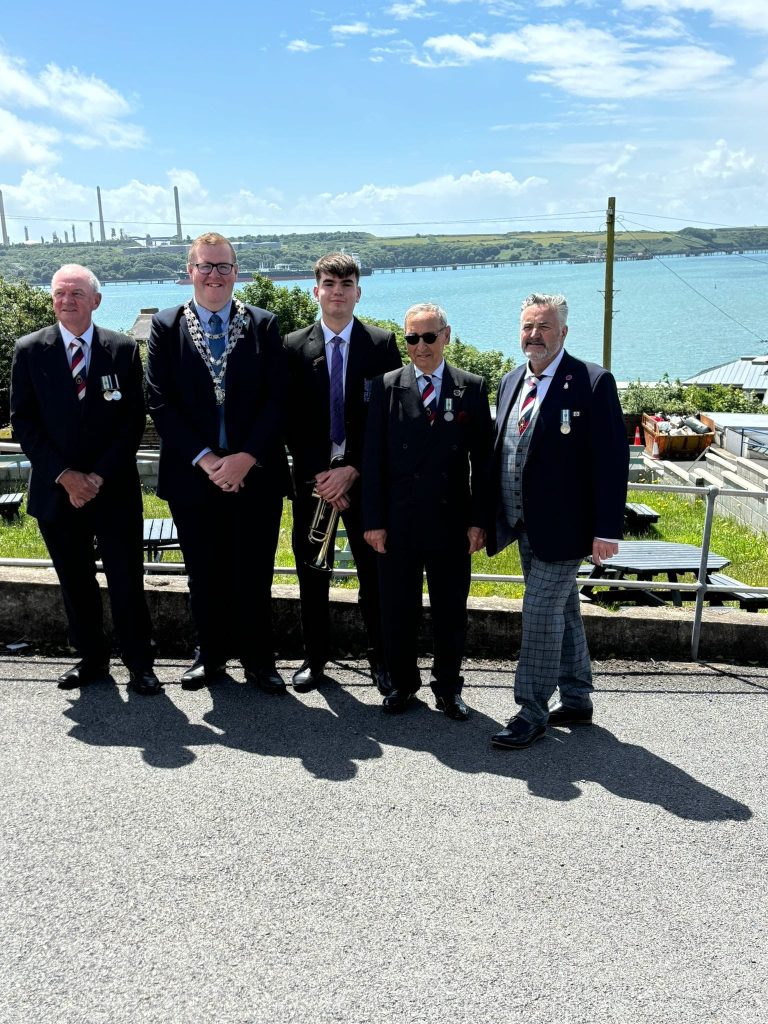
Mr Major was also a first-aider, although the scale of the damage inflicted in the raids meant he could do little to help. “Most of the damage was down aft (the back of the ship),” he said. “The bombs took out the galley. Because of the smoke, we couldn’t get down there.”
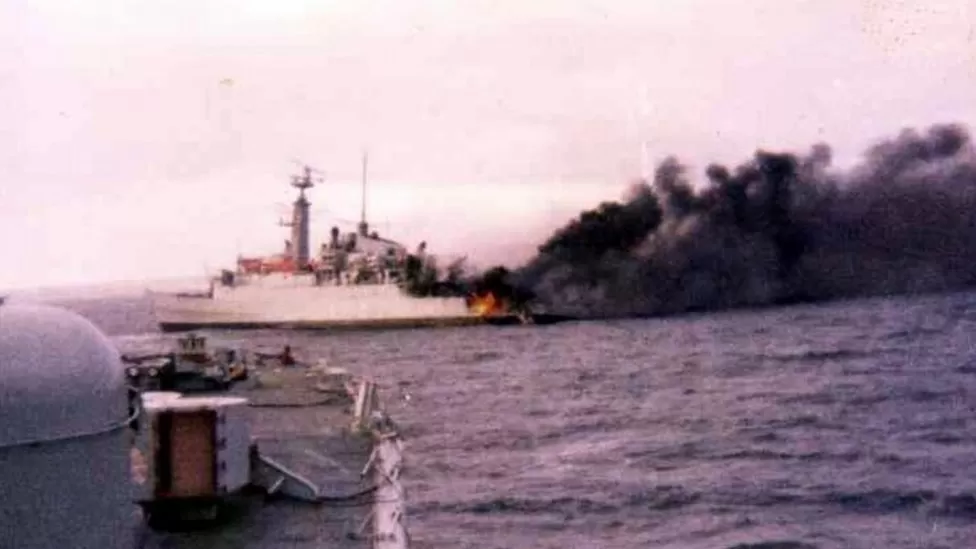
As the attack continued, the captain, Commander Alan West, gave the order to “abandon ship”. According to the official report into the loss of HMS Ardent, the ship “succumbed to two determined multi-aircraft attacks, which she had little chance of deflecting, and was seriously damaged”. The report added that the damage to the vessel would have been greater had a number of the bombs dropped not failed to explode.
Mr Major recalled, “To us, it all seemed to happen in seconds.”
Survivors of the attack were transferred to HMS Yarmouth and taken to South Georgia, before making the long voyage home where they were greeted by their families. “My mum and dad came down from Hull,” Mr Major said. “I remember just feeling numb.”

After returning to the UK, he and his fellow crew members were given four weeks’ “survivors leave” before being redeployed. “It was basically a case of ‘get on with the rest of your lives,'” he said. “Back then people didn’t really talk about mental health. I think it would have helped people if they had talked.”
Mr Major remained in the Royal Navy for another 20 years before leaving the service. “I had some great times, but I also had some pretty bad times, like losing 22 shipmates. It’s something you don’t forget,” he said.
Liberation Day commemorates the victory and liberation of the Falkland Islands from Argentine occupation, a conflict that lasted 74 days and concluded with the surrender of Argentine forces. The raising of the flag serves not only as a remembrance of those who perished but also as a celebration of the enduring freedom and sovereignty of the Falkland Islands.
The bond between Milford Haven and HMS Ardent remains strong, symbolising the town’s support for the Royal Navy and its dedication to remembering those who served and sacrificed. The flag-raising ceremony is a testament to the bravery of the crew of HMS Ardent and the resilience of the community that honours their memory.
In total, 255 British military personnel, three islanders, and 649 Argentine soldiers died during the 74-day Falklands War. A service to mark the 40th anniversary of the Falklands conflict will be held at 14:00 BST on 19th June at Hull Minster.
-

 News2 days ago
News2 days agoTwo people killed, and two injured in A477 traffic collision
-

 News5 days ago
News5 days agoYouth rescued after 40-metre jump off bridge at Neyland Marina
-

 News2 days ago
News2 days agoAppeal for witnesses after two killed in A477 collision
-

 Crime5 days ago
Crime5 days agoPembrokeshire postman admits driving after taking cocaine
-

 News5 days ago
News5 days agoFire crews tackle large garage blaze in Milford Haven
-

 Crime4 days ago
Crime4 days agoDock woman sentenced for jumping on police officer
-

 Business2 days ago
Business2 days agoRWE launches pre-application consultation for RWE Pembroke Battery
-

 Community6 days ago
Community6 days agoHouse conversion of Baptist chapel refused











